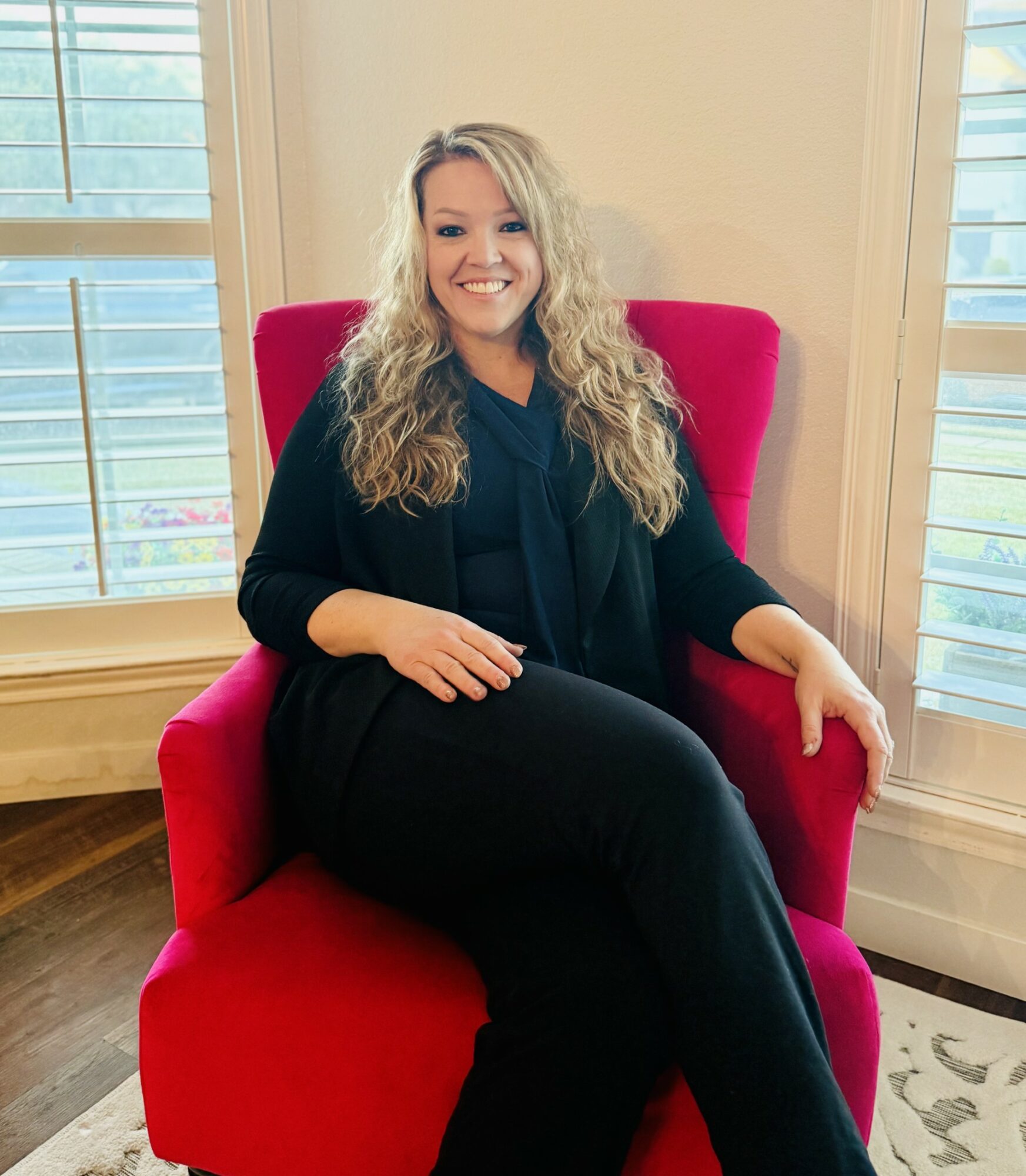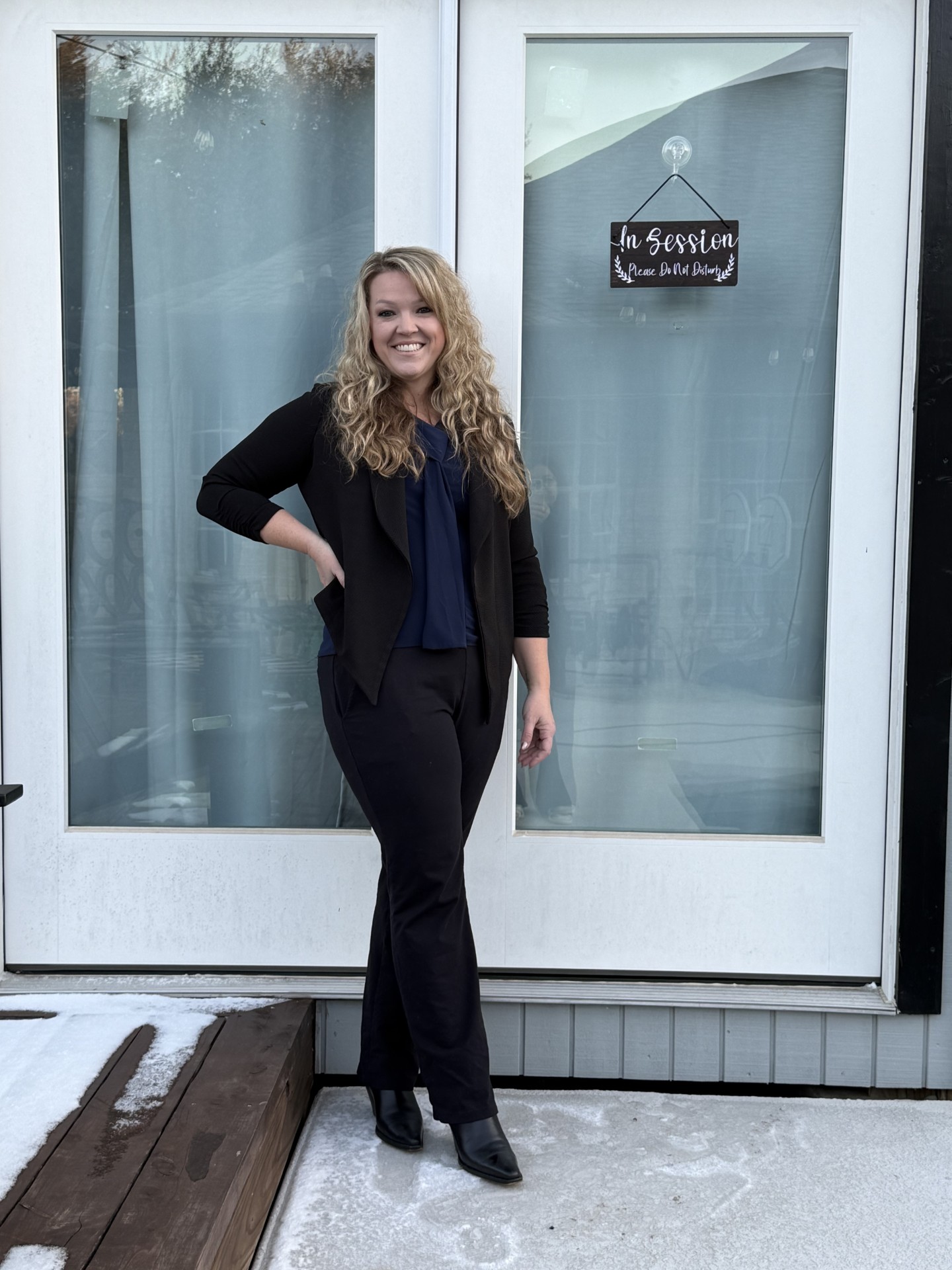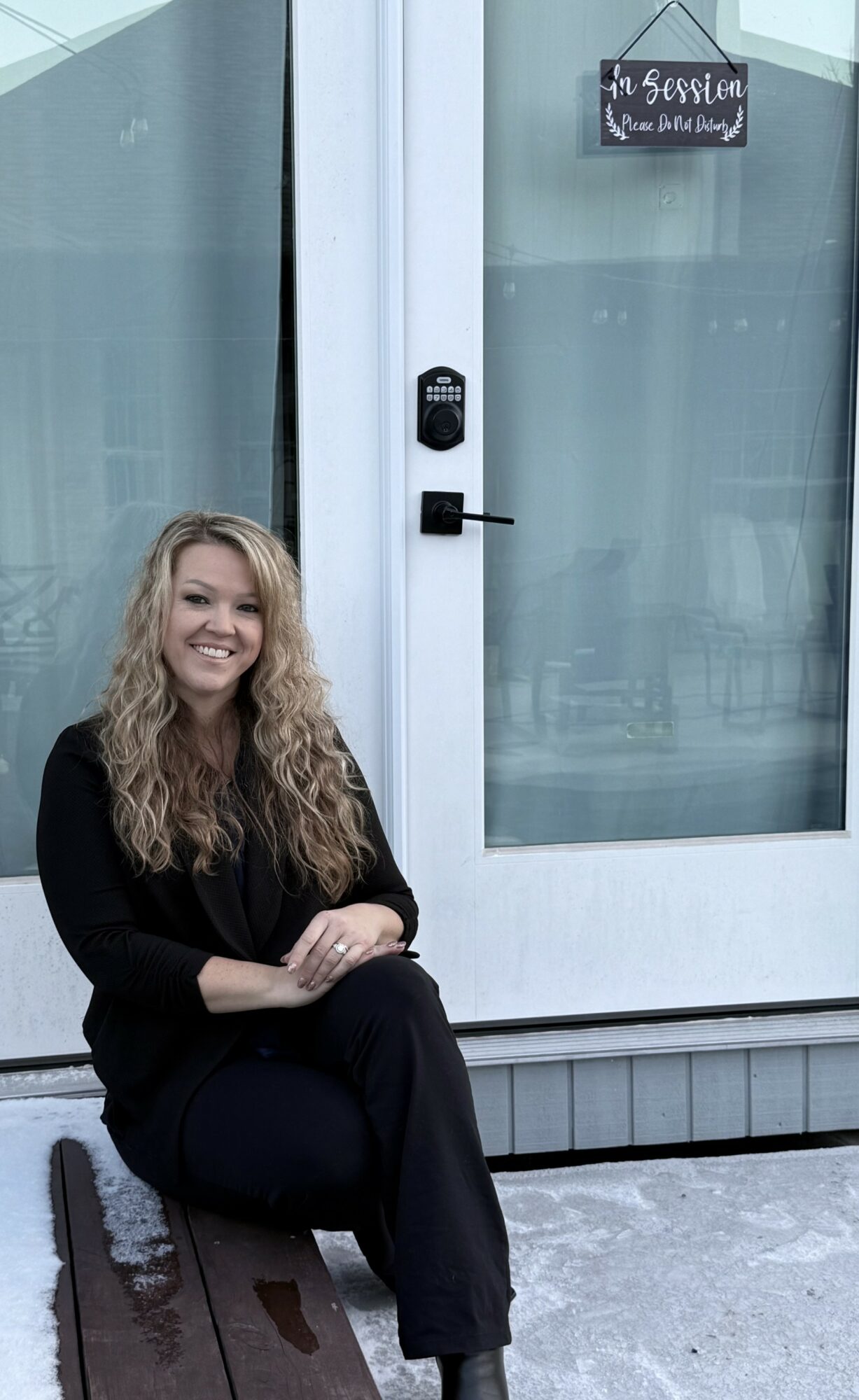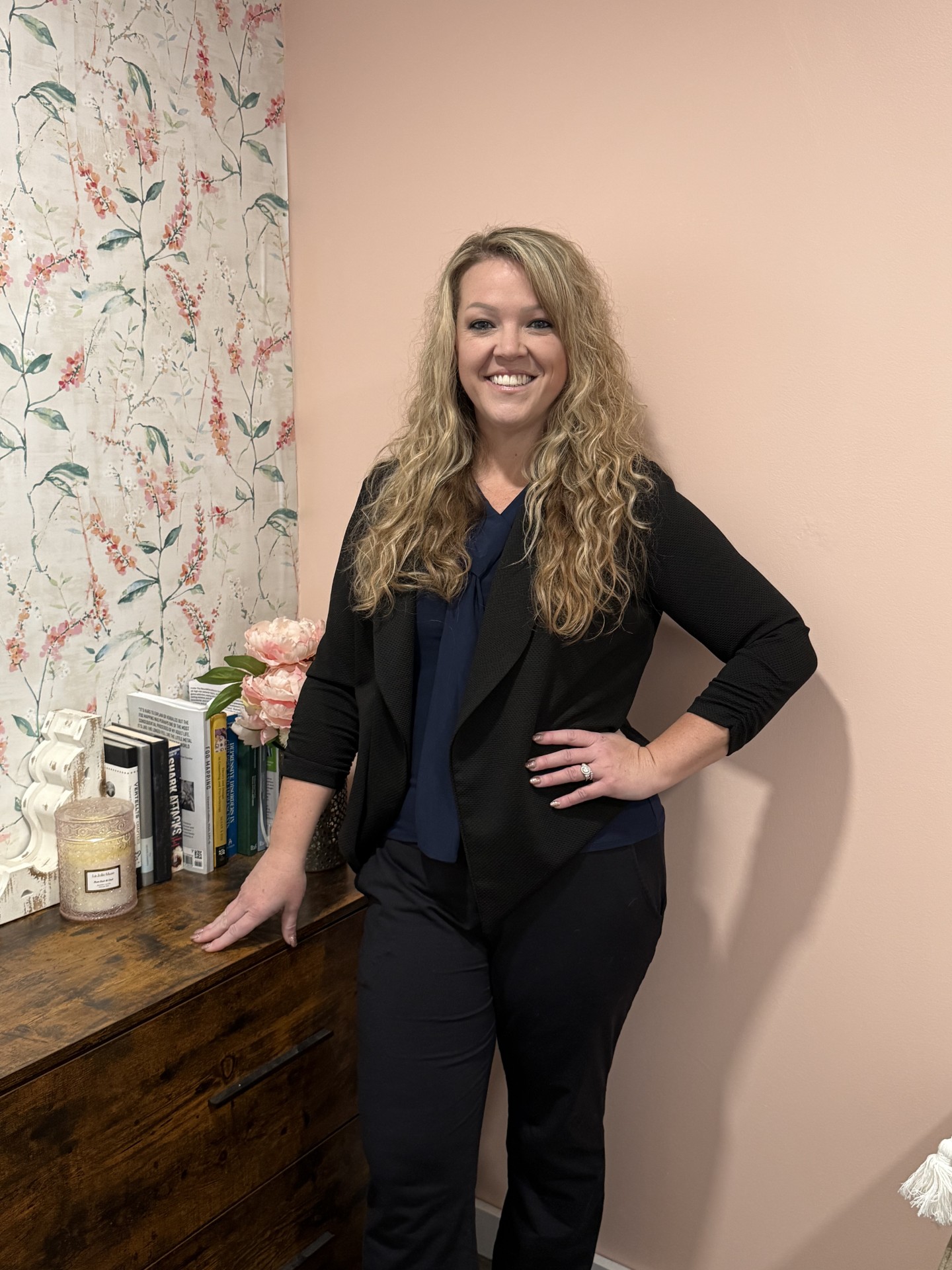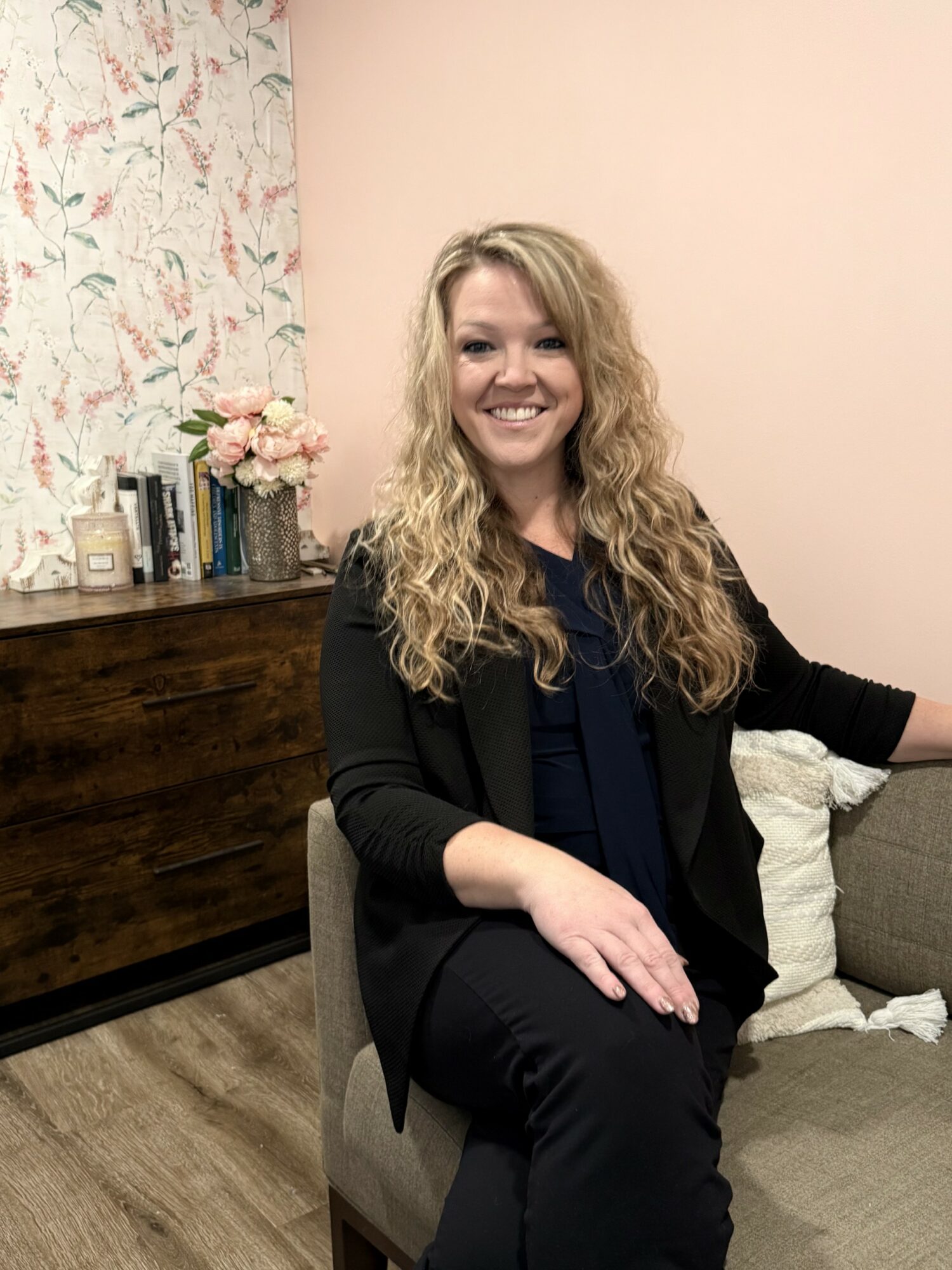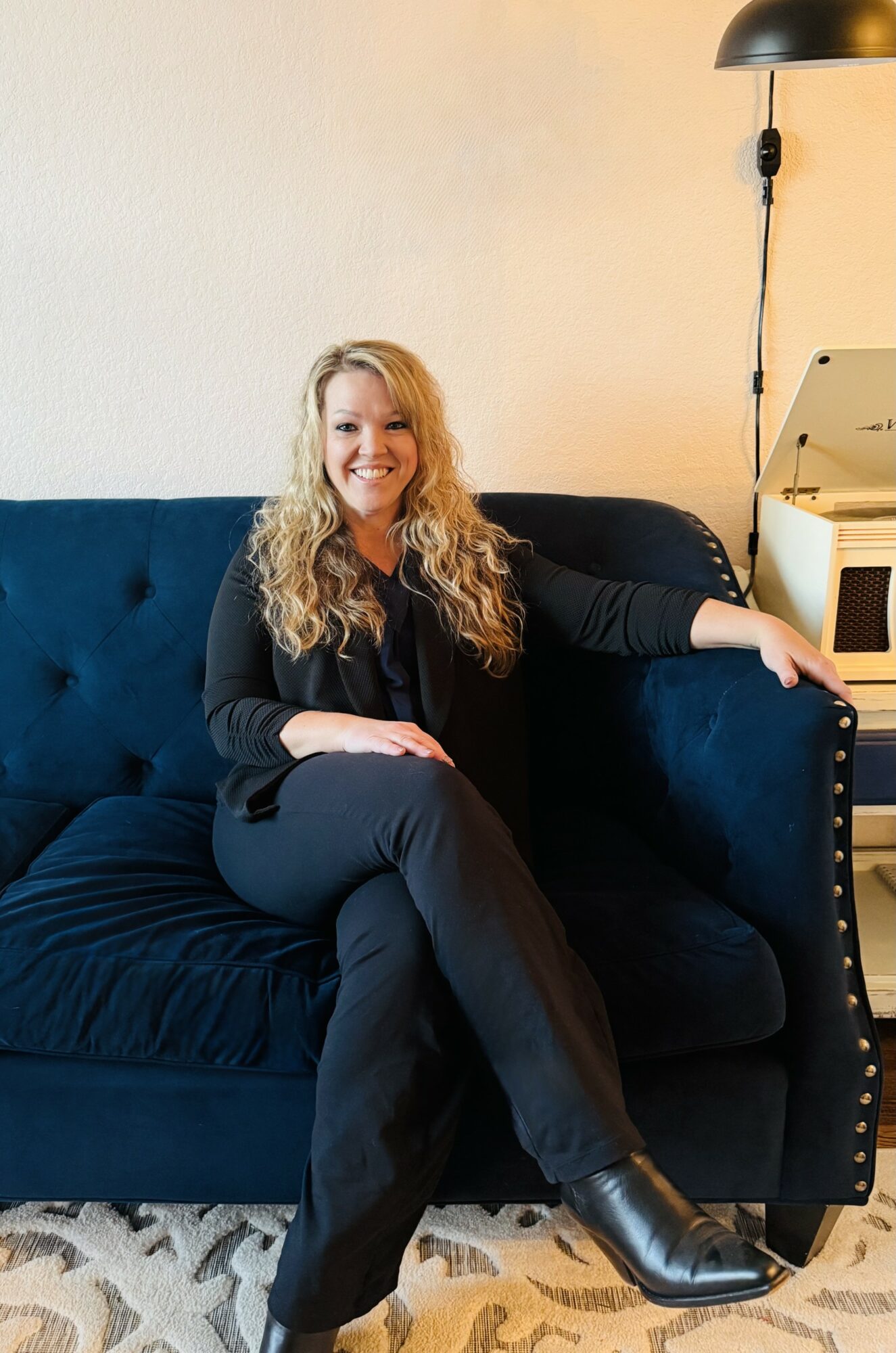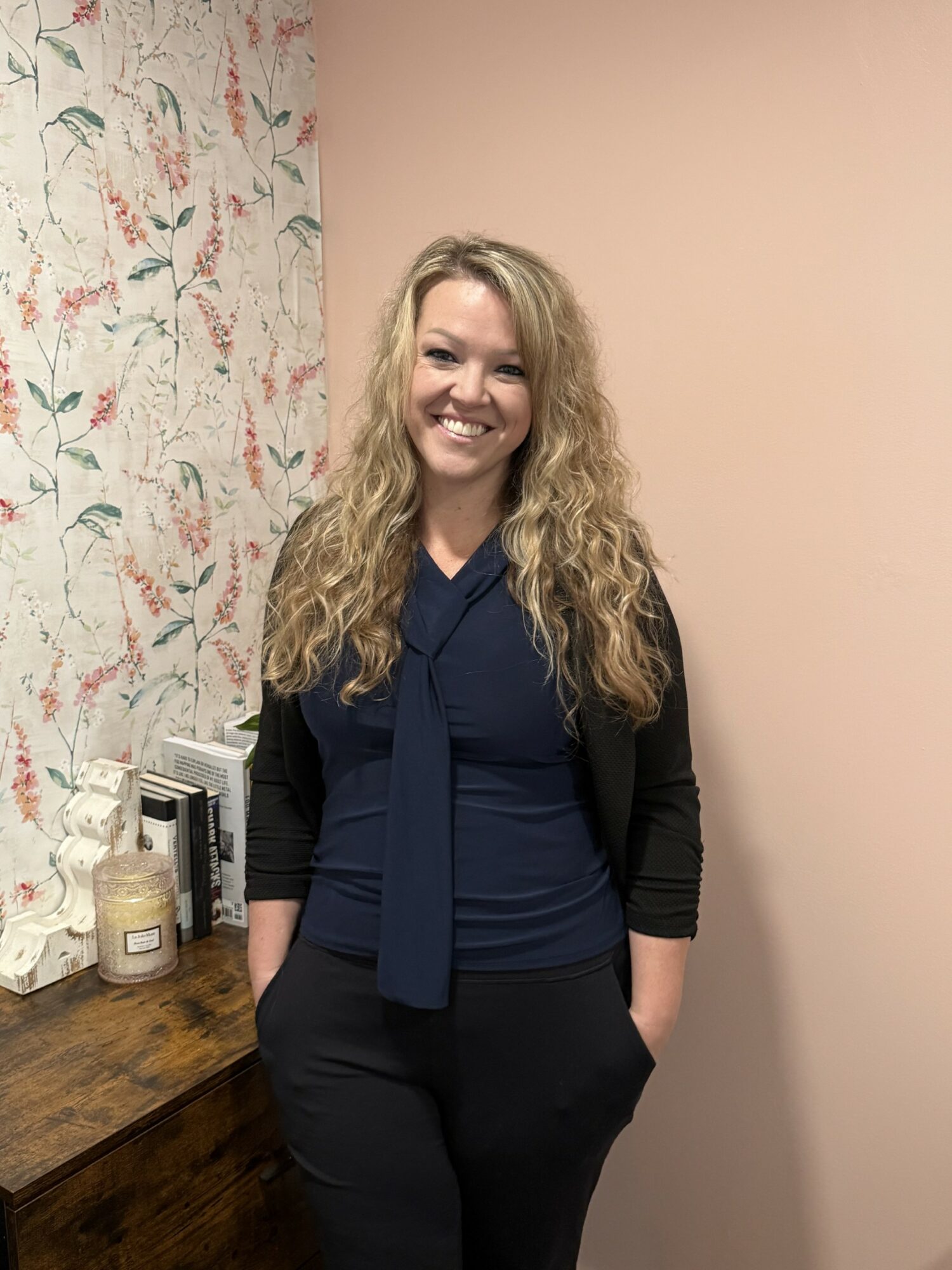

Today we’d like to introduce you to Brook Bonnema
Alright, so thank you so much for sharing your story and insight with our readers. To kick things off, can you tell us a bit about how you got started?
I grew up in Austin after I moved here from Minnesota around age 5. I knew from an early age that I loved caring for other people, especially children. I started babysitting at the age of 10, which for today’s standards is a bit young. Back then, this was normal. Nannying children was my job all through High School, College, and Graduate School. I ended up going to The University of Texas and majoring in Human Development and Family Sciences, but I was not sure what I wanted to do. I explored becoming a Child Life Specialist, which is an amazing career, and I encourage anyone to look up what they do if they are unaware of this career. However, I struggled emotionally to see children so sick as this work is done in hospitals with long term patients.
I decided to study abroad my junior year of college and attended The University of Sydney Australia. Studying abroad was one of the best decisions of my life and I highly encourage my college aged audience to consider this. During my time in Sydney, I noticed that they offered not only psychology coursework, but more specifically, counseling courses. Counseling courses were not a part of my degree plan or being offered at The University of Texas, so I jumped at this chance. I truly loved it. I even have the textbook from that class to this day. I am aging myself but that was back in 2002 where I had to pay top dollar to ship a heavy textbook via ship back to Texas.
In addition to this exposure, I absolutely loved school and knew I did not want to end my education at a Bachelor level, which was good for me because anything in the psychology related fields requires Graduate level degrees. I spent the year after I graduated applying to various graduate schools, partying, traveling, and having a blast. Again, for my college aged audience, take a year off and live life, travel, and meet tons of people. Okay, back to Graduate School. My top choice was The University of Minnesota. My professors at The University of Texas all raved about this school and most attended because this is one of the most well-known schools for psychology. Makes sense, I thought, because that is where the MMPI and the Minnesota Twins studies originated. For those that may not know, the Minnesota Multiphasic Personality Inventory (MMPI) is a widely used assessment tool to determine various personality traits, diagnosis, and other helpful information. It is heavily researched and well known to our field. Additionally, the Minnesota Twins studies were some of the first done on identical twins who were separated at birth, which helped guide the debate of nature vs nurture. So, you can imagine that when I was accepted to this University for my master’s in counseling psychology, I jumped at the opportunity. It was a bonus that I was born in Minnesota and had family there to visit. However, the cold was never something I could get used to after growing up in Texas.
Graduate School provided my first exposure to Forensic work that would guide and shape my entire future career. Life is so funny and truly puts things in your way to shape outcomes in your life. I was blessed with a big surprise when I found out I was pregnant halfway through my master’s program. While I knew it would be difficult, I knew I wanted to graduate on time and move back to Texas to be closer to my family. To make that happen, I needed to double up on my internship hours and find an agency that I could really work more than the average intern. I was so grateful to have found The Domestic Abuse Project in Minneapolis. I was able to work with men who were court ordered to attend therapy to address their behaviors as well as work with victims of domestic violence. I learned that court ordered therapy can work.
After graduating, I moved back to Austin and quickly began working on a newly funded program that aims to restore justice involved individuals who were found incompetent to stand trial. Incarcerated individuals with severe mental illness are often unable to reasonably assist their counsel and understand the proceedings without treatment. After five years, I moved over to work in the jail, which is where I have been the last thirteen years and hope to retire someday. I am currently the Behavioral Health Manager at a large jail facility in charge of overseeing patient care by a team of licensed mental health professionals. Our team focuses on diagnosing and triaging severe mental illness, suicide prevention, crisis response, overall coping while in custody, and group/individual therapy.
Additionally, a little under three years ago, I decided to embark into private practice in addition to my forensic role at the jail. I currently own Well Heard Mental Health, PLLC and see ten clients in my virtual practice. I really enjoy all aspects of both types of therapy practice and highly encourage new clinicians to explore all areas of experience that our degree affords.
Last, after finally accepting that I am getting a bit older, I decided to radically accept that I am a veteran clinician/therapist now with 13 years of leadership experience that may help to shape and guide new clinicians. Four years ago, I began supervising Licensed Professional Associates to practice under my name/guidance to become fully licensed clinicians. The enjoyment I get from shaping other’s experience in counseling has been incredible.
Alright, so let’s dig a little deeper into the story – has it been an easy path overall and if not, what were the challenges you’ve had to overcome?
I am not sure if there is a such a thing as a smooth road to becoming a licensed therapist, but I encourage anyone who feels they would be a good fit to take it anyway. Being a therapist is not for everyone, but I truly cannot think of another path or have any regret for choosing this career. My biggest hurdle was having a child in the middle of graduate school. I look back now at that time and cannot believe I did it. Everything had to align to graduate on time and I had to push myself beyond what I thought was capable. I had to work twice as many practice hours to finish early, pass my comprehensive exams, and finish my thesis during the same semester as my son was due. I was grateful to deliver him close to his due date with relatively no complications to derail my plan, but it was stressful. I then had to finish school with a newborn having a little over a month left to graduate by the time he was born. Today, that little guy is about to graduate High School this year and begin his college career.
While there are struggles, I know that I have privilege in this world, and I strive to remember this fact and teach this awareness to my children. While I can take credit for my contributions and hard work, much of the fortune I have been afforded to get to where I am today is in part luck. Luck to be born with a supportive mother who knew how to advocate for higher education, luck that she could sign for student loans, luck that she placed me in a great school system despite our low income, etc.
Thanks for sharing that. So, maybe next you can tell us a bit more about your business?
I will speak to my private practice and my role as a Licensed Professional Counselor Supervisor. The name, Well Heard Mental Health, was intended to imply my first and most important goal of feeling heard when you come to see me. The unique benefit of seeing a therapist is to see someone who is solely there to listen to you and your needs without any judgement or subjectivity that we can experience from our outside support systems. Having a support system is vital so I hope I am not minimizing the role of friends and family. However, our relationships with them are reciprocal. We give them support and get it in return and that is such a beautiful symbiotic dynamic. A therapist is an objective viewer that does not need reciprocal support and is guided by science and evidenced based treatment options focused entirely on you. There are many modalities that we can choose from that can help you, but none of that matters if you do not feel heard from the very first session. I am most proud of my clients and the work and energy they put into their lives. Therapy is not a linear process of success, and it can come with challenges and even conflict within the therapeutic relationship, but I strive to assure my clients that no matter what may come up for them, I will not give up and hold unconditional positive regard for them.
For those who are curious, my primary modalities are: cognitive behavioral therapy, dialectical behavioral therapy, and EMDR (eye movement desensitization and reprocessing). I encourage any reader to google these modalities and see how they work and may help. At the jail, I focus a lot of my expertise on diagnosing, suicide prevention, severe mental illness, personality disorders, and behavioral management. In my private practice I tend to focus on building healthy relationships, coping with anxiety and depression, self-esteem/identity work, healing from trauma, and life transitions.
Is there any advice you’d like to share with our readers who might just be starting out?
My best advice today is to really focus and become an expert in a small area of interest with one or two modalities. I see a lot of anxiety in new clinicians wanting to know it all at once, learn all the modalities, get certifications, etc. before they have really mastered one or two of the foundational treatment modalities. You are not going to know everything, and that is okay. Training never ends either. You need to constantly learn to be effective and that is one of the best parts of this career.
For those readers who may just be starting out or considering therapy, my best advice is to meet a few therapists to find the right fit. This is a unique relationship, but it is still a relationship that you need to have trust and feel comfortable. Most of us offer free consultations for this reason and for us to figure out if we can truly help you. After that, take some risks and be open to the process. Our main ethical tenant is to do no harm to you, but also challenge you to think differently, learn new skills or provide a safe place for healing. I feel that with calculated risks can come great rewards, and I am honored that my clients chose me to be there along the way.
Contact Info:
